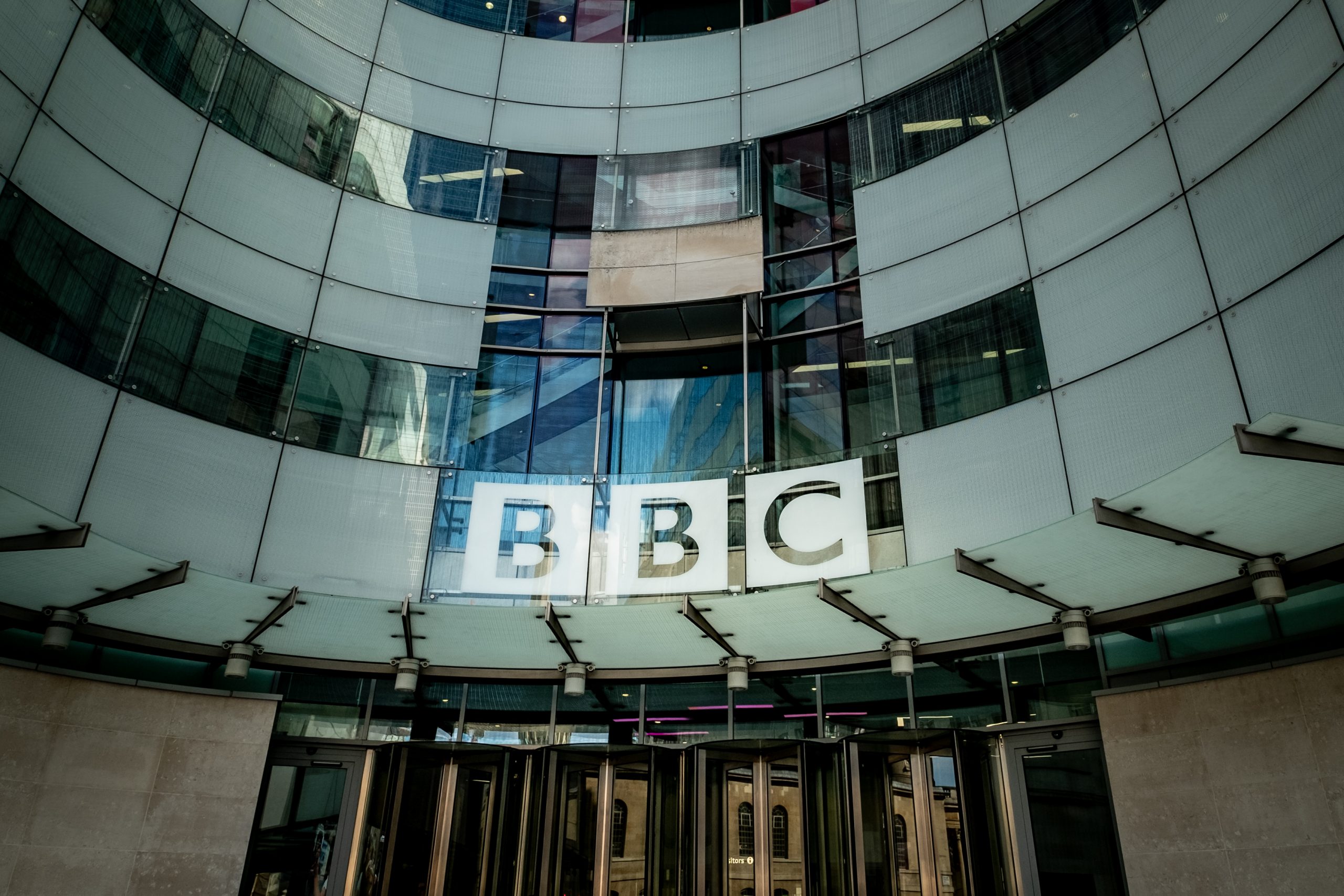The UK’s public media landscape has faced significant turbulence under the current government, but a proposal to privatise Channel 4 could cause irreversible damage.
On Wednesday the Department for Digital, Culture, Media and Sport (DCMS) announced the imminent launch of a consultation into the privatisation of Channel 4. The announcement is the latest in a long line of attempts by Conservative politicians to privatise the channel under the guise of ensuring its long-term sustainability.
But the decision to privatise Channel 4 would make little economic sense and any such move could have very serious ramifications for UK audiences and media pluralism.
“Public service at its core”
Channel 4 costs the taxpayer nothing, with its income generated from advertising. As a publicly owned ‘Not forProfit’ organisation, it is required to reinvest its profit back into the UK’s independent creative and production sectors.
Launched in 1982, the broadcaster is known for commissioning and originating iconic British content, from cutting edge documentaries, to distinctive dramas and quality, trusted news that prides itself in holding power to account – exactly what a quality, independent public media organisation should be doing in a democracy such as the UK.
Channel 4 is also an integral part of the UK’s pluralistic media landscape. It plays a critical role in nurturing new talent, supporting small businesses and contributing to diverse content for a multicultural audience. Since its inception it has invested over £12billion into UK-produced programmes, while maintaining its independent public service remit.
Despite the economic uncertainty created by the pandemic, Channel 4’s 2021 revenue is forecast to exceed £1billion for the first time, enabling it to boost its content budget by £40million across the next two years. It’s also attracting younger audiences, bucking UK and international trends with a +7% growth in youth audiences across its main channel and a growth of +26% in its streaming audience.
Channel 4 Annual Report 2020: Record financial surplus and significant digital growth – @Channel4 strongly positioned to deliver future impact for UK.
Read more here: https://t.co/TXR4OF3A9r pic.twitter.com/1tfVzr0R4l
— Channel 4 Press (@C4Press) June 22, 2021
Last year, broadcast watchdog and regulator Ofcom praised the channel, saying: “Channel 4’s investment in UK-originated content reached record levels. Each year [2014-2018], it continued to show a broad range of high-quality programmes, with audiences consistently rating the main channel, Channel 4, more highly than other PSB services in taking creative risks, as well as in tackling issues others wouldn’t, and being the home for alternative voices.”
So why the rush to sell?
DCMS claims that the sale of Channel 4 could help to ensure its ongoing competitiveness, “future success and sustainability”, with its consultation also including a review of potential regulation for online streaming services such as Netflix and Amazon Prime.
But as a publisher of content – not an owner – Channel 4 is not laden with assets that would allow its sale to return extensive riches back to the public purse. Nor does its public remit necessarily appeal to potential buyers, with its regional bases likely to be seen as an indulgence by any future owner. The broadcaster is due to open its costly new National HQ in Leeds later this year following a push by the government for it have a greater presence outside London.
If a sale is to occur, it would most likely be to an international buyer such as ViacomCBS or WarnerMedia. This would probably require the government to lessen Channel 4’s public remit and its requirement to invest in certain content, with the profits being taken outside of the UK, so to no benefit for the UK creative sector or the UK taxpayer.
“As a board we have not been pushing for greater financial liberation” – Alex Mahon, Channel 4 CEO
What makes the push for privatisation even more suspect is the lack of incentive shown by the broadcaster’s own management and board, especially after the record financial surplus reported in its 2020 Annual Report. Channel 4’s CEO, Alex Mahon, was quoted by The Guardian as saying “As a board we have not been pushing for greater financial liberation” adding that privatisation would lead to reduced investment in content made outside London.
Channel 4 has come under repeated attacks from Conservative politicians, who have complained that it is biased against the party in some of its output. Ministers have also been averse to appearing on the channel’s trusted evening news programme, with some accusing the broadcaster of being too “woke” and seeming to prefer appearing on the shows of new, opinion-led broadcasters.
But in a time of crisis, when rigorous, trusted, and editorially independent journalism is needed most, it is alarming to see the potential undermining of a public broadcaster. It is doubly so when the channel is doing well and hitting targets on reaching diverse UK audiences, leading to the conclusion that this push for privatisation is purely a political one.
Click here to add your voice to the consultation
Header Image: LONDON ENGLAND – JUNE 4, 2019: Channel 4 company sign London UK. Credit: TK Kurikawa/Shutterstock.com
Related Posts
16th June 2021
PMA condemns the harassment of BBC journalist at anti-lockdown protest in London
It is critical to democracy that…
25th May 2021
Dyson Report | The BBC’s independence must not be undermined because of historic failings
Like many other current and former BBC…
12th February 2021
RTHK suspends BBC live relay following mainland ban
Hong Kong's public broadcaster…


